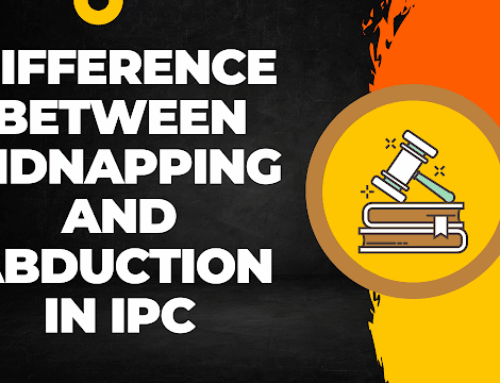– Abul Kalam Azad Sulthan, Advocate, High Court of Judicature at Madras and Madurai Bench of Madras High Court & Partner, Spicy Law Firm.
Policies: The Electricity Act, 2003 envisages that policies to be framed regarding various aspects and it should be done by the Central Government in consultation with the State Governments and Electricity Commissions as the subject is in the concurrent list of Schedule VII of the Constitution of India.
National Electricity Policy (Section 3 of the Act), National Tariff Policy, National Electricity Plan (Section 3(4)), National Policy permitting stand-alone system for Rural Areas (Section 5) and National Policy on rural electrification and local distribution in rural areas (Section 4) are the policies to be notified by the Central Government in consultation with the State Governments and Electricity Commissions.
De-licensing in generation of electricity:
The Act provides for de-licensing in generation of electricity except in the case of Hydro Electric Generation and Nuclear Power Generation. Because the Hydro Electric Generation requires various technology and economic clearances. The Nuclear power generation is currently being regulated by the Nuclear Act, 1962. The Government is considering to bring in amendments to the Nuclear Act, 1962 to encourage equity participation in NPCIL. Such amendment will be of great importance as it will bring in huge investment and thus will give fruitful results to the nation.
License free generation and distribution in the rural areas:
Section 7 of the Act states:
“Any generating company may establish, operate and maintain a generating station without obtaining a license under this Act if it complies with the technical standards relating to connectivity with the grid referred to in clause (b) of Section 73.”
Section 5 of the Act provides:
“The Central Government shall also formulate a national policy, in consultation with the State Governments and the State Commissions, for rural electrification and for bulk purchase of power and management of local distribution in rural areas through Panchayat Institutions, users’ associations, co-operative societies, non-governmental organizations or franchisees.”
Section 4 of the Act states:
“The Central Government shall, after consultation with the State Governments prepare and notify a national policy, permitting stand-alone systems (including those based on renewable sources of energy and other non-conventional sources of energy) for rural areas.”
Section 2(63) of the Act defined ‘Stand alone system’ as follows:
“Stand alone system means the electricity system set-up to generate power and distribute electricity in a specified area without connection to the grid.”
Hence the following two conditions are to be met to satisfy the requirements of this section.
- The area should not be connected to the grid. That means the area should be an off-grid area.
- The area should be a rural area notified by the appropriate government.
Open access in the distribution of electricity:
Open access had shown significant improvement in the United Kingdom and the prices of electricity fell down by 30%. Even in India, the Government is aiming for the same and the experts opined that the prices of electricity may raise temporarily for few years, but in the long run, the prices will definitely go down.
This will also lead to efficiency in the National Electricity Market.
Competition at Micro-level:
As the distribution is liberalised and parallel distribution networks are allowed along with the introduction of open access, the consumers will have the choice of electricity supplier. As there will be competition at the micro-level, the consumers will get better service for reasonable price.
Trading in electricity:
Trading in electricity is allowed and it is now recognised as a trading activity. The distribution licensees are considered as Electricity Trader. Such trading activities will improve the sector and the resources will be better utilized.
Specialised Tribunal:
The Electricity Act, 2003 provides for a specialised body dedicated to solve issues and disputes in the electricity sector. This body is called as Electricity Appellate Tribunal.
Transparent Regulator:
For this new trading market there is a need for a transparent and proactive regulator. Hence the Electricity Act, 2003 provides for IRC at the Central level as well as state level.
Reorganization of State Electricity Boards:
The Electricity Act, 2003 encourages the appropriate governments for the reorganization of State Electricity Boards.
Punishment for theft of electricity:
The act provides for strong, deterrent punishment provisions for theft of electricity.
Grievance redressal system:
The Act gives paramount importance to the consumer interest. The act provides for Ombudsman and consumer grievance redressal mechanisms.
Conclusion:
The act is reform-oriented with a great vision and intention. Unbundling, Corporatization, and Privatization are the reformative processes, the Government is trying to follow in the power sector. The Government is trying to do its best to develop the nation through such visionary and reform-oriented legislations.







Somebody necessarily lend a hand to make critically posts I might state. This is the very first time I frequented your web page and to this point? I surprised with the analysis you made to create this particular put up extraordinary. Fantastic task!